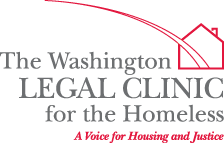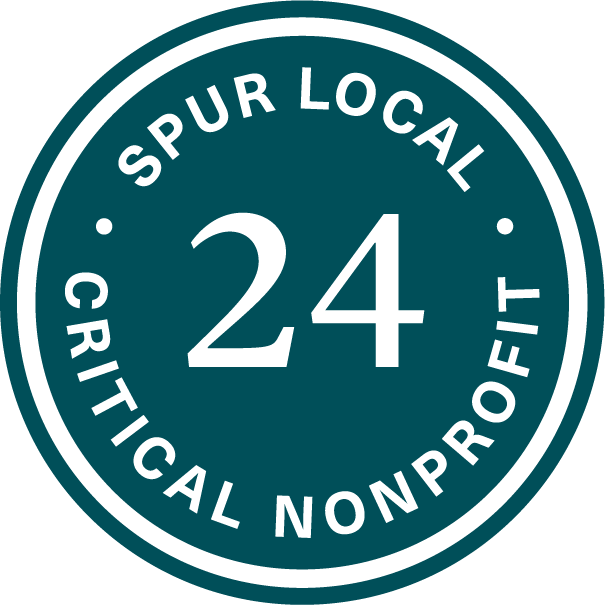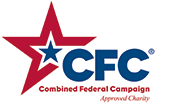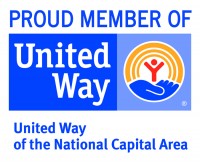Editor’s note: Over the years, the Legal Clinic has shared with our blog readers an in-depth look at our work, most often on the systemic advocacy front. We look forward to keeping you updated on the tenant-led housing struggles we support through our Affordable Housing Initiative, sharing perspectives and information about the rights of our neighbors living in encampments and our efforts to minimize the criminalization of homelessness, and other topics related to housing instability in the District of Columbia. As we settle in to the DC Council’s oversight and budget season, many of the posts over the next few months will focus on how well the District government is serving community members, and what a budget that truly meets community needs should look like. In the meantime, we want to take a moment to share with you some information about our Legal Assistance Project, through which we provide representation to individual clients, helping them to overcome obstacles that have anchored them in homelessness.
About 18 months ago, as we were approaching our 30th anniversary year, the Legal Clinic began a conversation with Dr. Marcia Bernbaum when she came to us seeking a deeper sense of the history of homelessness and the landscape of homeless services in the nation’s capital. After a career in international development helping the lowest-income community members in countries where she served, Marcy has spent the last few years actively learning about homelessness in DC by volunteering, largely through the People for Fairness Coalition. With a PhD in Psychology and a focus on applied research, Marcy seeks always to continue learning and using her professional skills to make a positive contribution to the movement to bring an end to homelessness in DC.
Marcy very generously offered to volunteer her time to do a case study of the Legal Clinic, giving us the opportunity to mark the 30th anniversary milestone with reflection upon our past and contemplation of our future. Marcy took on the task of researching and writing about the many facets of our unique and powerful story – exploring our impact on clients, volunteers and the broader community; compiling a litany of “lessons learned” so that our successes could be replicated and our less-than-successes could be avoided; and understanding what makes us special.
In addition to looking at the Legal Clinic from a broad, organization-wide perspective, Marcy undertook a focused look at several discrete aspects of our work: our Legal Assistance Project; our Affordable Housing Initiative; and our various educational efforts (informing clients about their rights and opportunities for advocacy, as well as training law enforcement officials about the rights of community members experiencing homelessness). She also compiled a history of Home Court, our most important fundraising initiative, in conjunction with Home Court 30 last spring. Marcy’s case study covers immense depth and breadth, and will eventually be available in its entirety on our website.
We begin by sharing her document that focuses on the Legal Assistance Project, the cornerstone of what the Legal Clinic does and the reason why it came into being. In this 16 page document, Marcy uses a mixture of narrative and testimonies to take the reader through LAP’s birth and evolution into the program it is today. She provides examples of the types of legal assistance that the Legal Clinic’s attorneys – both those on staff and those in its network of more than 200 volunteers – provide to individuals who are experiencing homelessness. Lawyers and clients participating in LAP shared with Marcy their perspectives on the program. The document concludes with a focus on lessons learned over the past thirty years.
We are deeply grateful to Marcy for the extraordinary gift of the countless hours that she has spent on this effort. We are also indebted to the clients, volunteers, and colleagues who shared their time with Marcy, telling her their story of connection with the Legal Clinic, as well as to all those community members who have allowed us to serve them and those who have made that service possible these past three decades. As has been true for now more than thirty years, we are an effort of the community, coming together from our various perspectives and experiences…companions on the journey towards a more just and inclusive DC.
Find the Legal Assistance Project case study document here!





